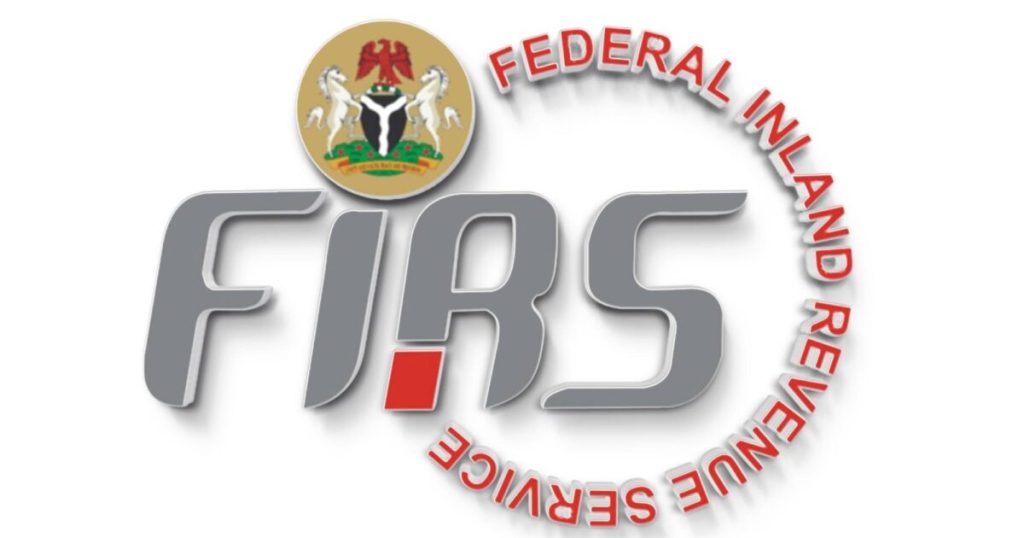The Federal Inland Revenue Service (FIRS) has issued a directive mandating all banks in Nigeria to immediately identify and close any tax and levy collection accounts not authorized under its TaxPro Max platform. This decisive action aims to enhance transparency and standardize tax collection procedures nationwide. The directive, disseminated through a public notice titled “Directive to close unauthorized FIRS tax collection accounts,” was issued by FIRS Chairman, Zacch Adedeji, and subsequently circulated to media outlets. The notice emphasizes that all tax and levy collections must now be processed exclusively through assessments generated on the TaxPro Max system, underscoring the FIRS’s commitment to a centralized and technologically driven tax administration system. This move is expected to streamline operations, improve accountability, and minimize the potential for discrepancies in tax collection.
The FIRS has directed all banks participating in its collection, remittance, and reconciliation scheme to comply with this new directive without delay. This necessitates the immediate discontinuation of the use of any unauthorized accounts for tax collection and ensures that only transactions initiated through the TaxPro Max platform are processed. The FIRS emphasizes the importance of cooperation from all participating banks in ensuring a smooth transition to this centralized system. This collaborative approach is seen as crucial for achieving a more transparent and efficient tax collection process, ultimately benefiting both the government and taxpayers.
The TaxPro Max platform itself is a locally developed system designed to facilitate key tax activities, encompassing taxpayer registration, filing of returns, payment processing, and the issuance of tax clearance certificates. Its implementation represents a significant step in the FIRS’s ongoing digitalization agenda, aimed at modernizing tax administration and improving overall efficiency. By centralizing these crucial functions within a single platform, the FIRS aims to reduce manual processes, minimize errors, and provide a more seamless experience for taxpayers. Furthermore, the platform is expected to enhance the FIRS’s capacity for data analysis and reporting, enabling better-informed decision-making and improved tax revenue management.
The FIRS has urged taxpayers and other stakeholders seeking further clarification or assistance regarding this new directive to contact its Revenue Accounting and Refund Department. This proactive approach to communication underscores the FIRS’s commitment to transparency and its desire to ensure a smooth and efficient transition for all parties involved. By providing a dedicated point of contact for inquiries, the FIRS aims to address any concerns or questions that may arise during the implementation phase of this new directive. This commitment to open communication is crucial for building trust and fostering a collaborative relationship between the FIRS, taxpayers, and financial institutions.
This move to centralize tax collection through the TaxPro Max platform represents a significant shift in Nigeria’s tax administration landscape. It reflects a broader trend towards digitalization and automation within government agencies, aimed at improving efficiency, transparency, and accountability. By leveraging technology, the FIRS seeks to enhance its ability to collect tax revenues effectively, ultimately contributing to the nation’s economic growth and development. The success of this initiative will hinge on the effective implementation of the TaxPro Max platform and the cooperation of all stakeholders, including banks, taxpayers, and the FIRS itself.
The FIRS’s directive to close unauthorized tax collection accounts and transition to the TaxPro Max platform marks a significant step towards modernizing tax administration in Nigeria. This initiative is expected to streamline processes, enhance transparency, and improve overall efficiency in tax collection. The cooperation of banks and taxpayers will be essential for the successful implementation of this new system, which holds the potential to significantly improve tax revenue management and contribute to the country’s economic development. The FIRS’s proactive communication and provision of support to stakeholders through its Revenue Accounting and Refund Department are crucial for ensuring a smooth and successful transition to this new centralized system.


